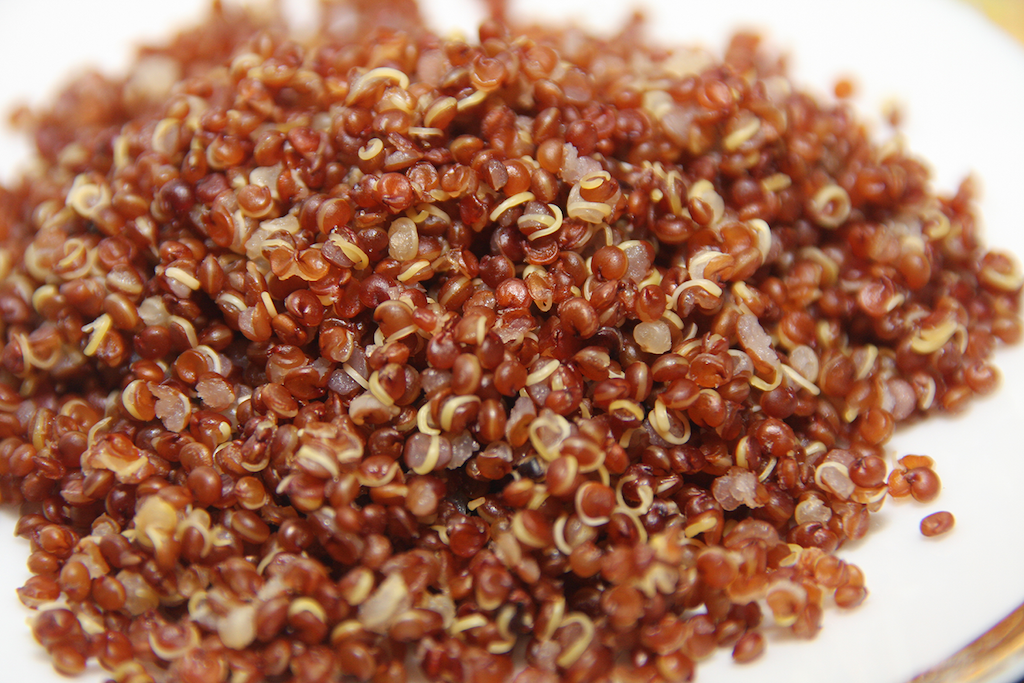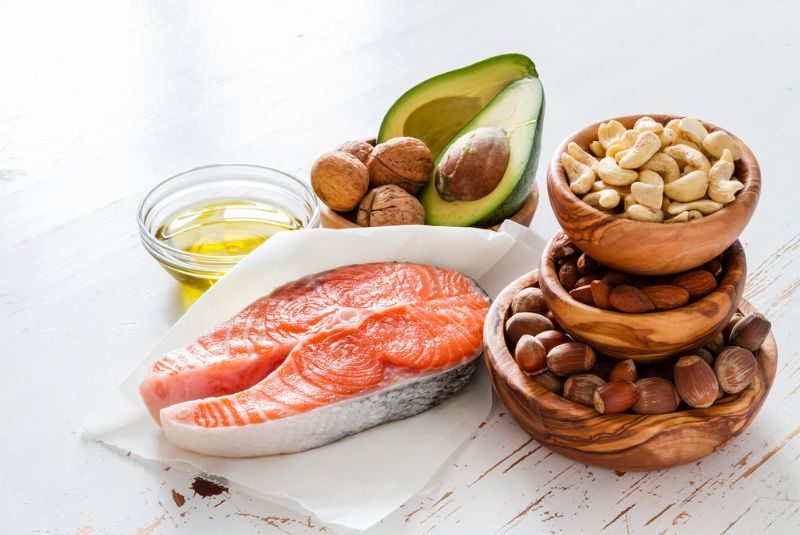Humans have been consuming quinoa for nearly four thousand years. In fact, in the Incan society quinoa was considered nearly as valuable as gold because they believed it made their warriors stronger and increased their stamina in battle. Quinoa is actually a seed that when prepared properly, has the texture and consistency of a typical grain. Nowadays, it is a relatively well known superfood and is often referred to as a ‘super-grain’ as well.
One of the main draws of quinoa is that it is gluten free. With gluten intolerance and sensitivity on the rise, many consumers are seeking out alternatives to traditional grains. For those who aren’t concerned about gluten, the nutritional content of quinoa should be enough to convince them to incorporate more of it into their diet.
For one, quinoa is one of the most protein-rich foods in existence. It is also one of very few foods that is a complete protein, meaning it contains all nine essential amino acids. In addition quinoa contains over twice as much fiber as other grains. Fiber is essential for many things. It prevents constipation, lowers cholesterol, reduces high blood pressure, lowers glucose levels and helps you to feel fuller longer, thereby aiding in weight loss. Adequate fiber intake is also linked to lower risks of heart disease, diabetes and obesity.

Quinoa is also rich in many vitamins in minerals. It contains high level of iron, which keeps red blood cells healthy and also carries oxygen throughout our body from cell to cell. Iron also improves brain function, as the brain requires about 20 percent of the oxygen in the blood. Additionally, iron helps regulate body temperature, increases the metabolism and aids in enzyme activity.
In addition to iron, quinoa is high in magnesium as well. Magnesium helps to relax the blood vessels, which can help alleviate symptoms of headaches and migraines. Magnesium also helps regulate body temperate, aids in detoxification and promotes the formation of healthy bones and teeth. Some studies have shown that magnesium may also reduce the risk of Type 2 diabetes by helping control blood sugar levels.
Quinoa has high levels of riboflavin, manganese and lysine as well. Riboflavin increases the metabolism and helps cells produce energy. Manganese is an incredible antioxidant. It helps neutralize free radicals found in the body and protects the body against various health conditions and diseases. Lysine is one of the essential amino acids that quinoa contains. Lysine is essential for tissue growth and repair.
There are countless foods and meals that can be prepared with quinoa. From breads, salads, casseroles and even soups, there are numerous options for consumers to incorporate this incredible food into their everyday diets. Below is the nutrition information for one cup or 185 grams of cooked quinoa:
- Calories: 222
- Protein:8 grams
- Carbs: 39 grams
- Fat: 4 grams
- Fiber: 5 grams
- Vitamin E: 6% DV
- Thiamin: 13% DV
- Riboflavin: 12% DV
- Niacin: 4% DV
- Vitamin B6: 11% DV
- Folate: 19% DV
- Calcium: 3% DV
- Iron: 15% DV
- Magnesium: 30% DV
- Phosphorus: 28% DV
- Potassium: 9% DV
- Zinc: 13% DV
- Copper: 18% DV
- Manganese: 58% DV




